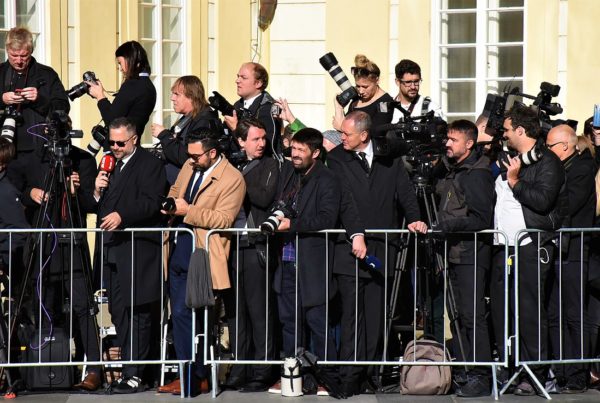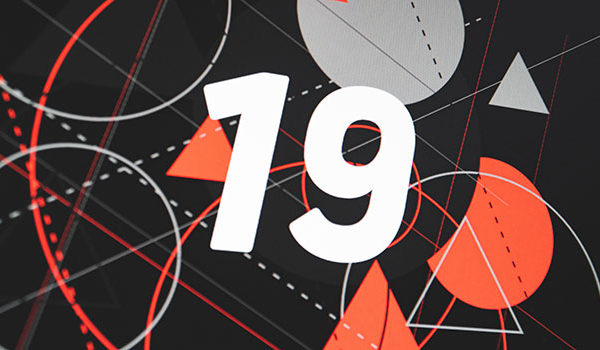(Written by Elliot Friedland and originally published June 15, 2016 by The Clarion Project.)
Some Muslim activists are stepping forward to challenge ingrained homophobia within sections of the broader Muslim community in the wake of the Orlando massacre.
In addition to simply condemning the attack, a string of newspaper articles, social-media posts and statements by organizational leaders demanding the Muslim community do more to tackle homophobic bigotry, which serves to tacitly encourage violence against the LGBT+ community.
The head of British Muslims for Secular Democracy, Tehmina Kazi, slammed those “who genuinely think they are being good and pious by recommending lifelong celibacy to others who don’t share their straight orientation, or those who enter into non-traditional (yet ethical) relationships” adding “Of course, this is a state of being they would never choose for themselves.”
“If a suspected Christian fundamentalist had carried out an attack like this, liberal commentators would rightly be questioning how the rhetoric of some homophobic Christian leaders might have fueled the atrocity,” Karima Bennoune, noted academic and author of Your Fatwa Does Not Apply Here wrote in the Huffington Post. “As difficult as it is to do so appropriately in an atmosphere infused with discrimination against Muslims and terrifying Trumpism, if the Islamist inspiration of the Orlando murderer is confirmed, we will have to ask precisely the same questions. How has Islamist rhetoric inflamed homophobia and led to mass violence?”

(Image Source: Guillame Paumler)
Others delved more directly into the historical and theological roots of Muslim homophobia. Haras Rafiq, the managing director of the Quilliam Foundation argued “Islamist extremists have increasingly monopolised the debate about Islam and sexuality, which has ultimately led to a general rise in homophobia in Muslim communities.”
Even though Islamists believe being gay is incompatible with Islam, that’s not necessarily a correct interpretation, he says. He notes the Quran does not mention homosexuality directly.
He stated “it is important that more Islamic authorities and institutions stand up to challenge extremist readings of Islamic scripture and issue fatwas to reframe public conversations about homosexuality,” calling this shift “crucial.”
Some sought to portray the compatibility of being gay and Muslim more directly. Daiyee Abdullah, an openly gay imam conducted a slew of interviews following the massacre. The Muslim Alliance for Sexual and Gender Diversity reminded people “This tragedy cannot be neatly categorized as a fight between the LGBTQ community and the Muslim community.”
“Although we’ve shared political goals like the protection of civil rights with L.G.B.T. activists in this age of terrorism,” Bilal Quraishi argued in The New York Times, “ours is not a natural or a deep alliance. More important, queer Muslims are marginalized if not simply invisible. In light of this weekend’s attacks, we can no longer afford this kind of superficial engagement.”
Even the Muslim Brotherhood linked Council on American Islamic Relations (CAIR) is now claiming to be pro-LGBT rights, prompting LGBT Muslim activist Ani Zonneveld to slam them on Facebook with strong language, calling their stance a “lie” and asking “Show me what have you done in the past 10 years.”
Although a section of the Muslim community is taking this more aggressive line towards systemic homophobia, others prefer denial. A viral Facebook post by respected Islamic scholar Yasir Qadhi argued that since Omar Mateen, the Orlando shooter, was gay himself, this absolved the Islamist ideology of any guilt whatsoever, since the attack was perpetrated out of self-hatred.
Change never comes overnight. But those Muslims who are fighting back against homophobia in their communities deserve the support of those who would fight homophobia coming from other quarters.








